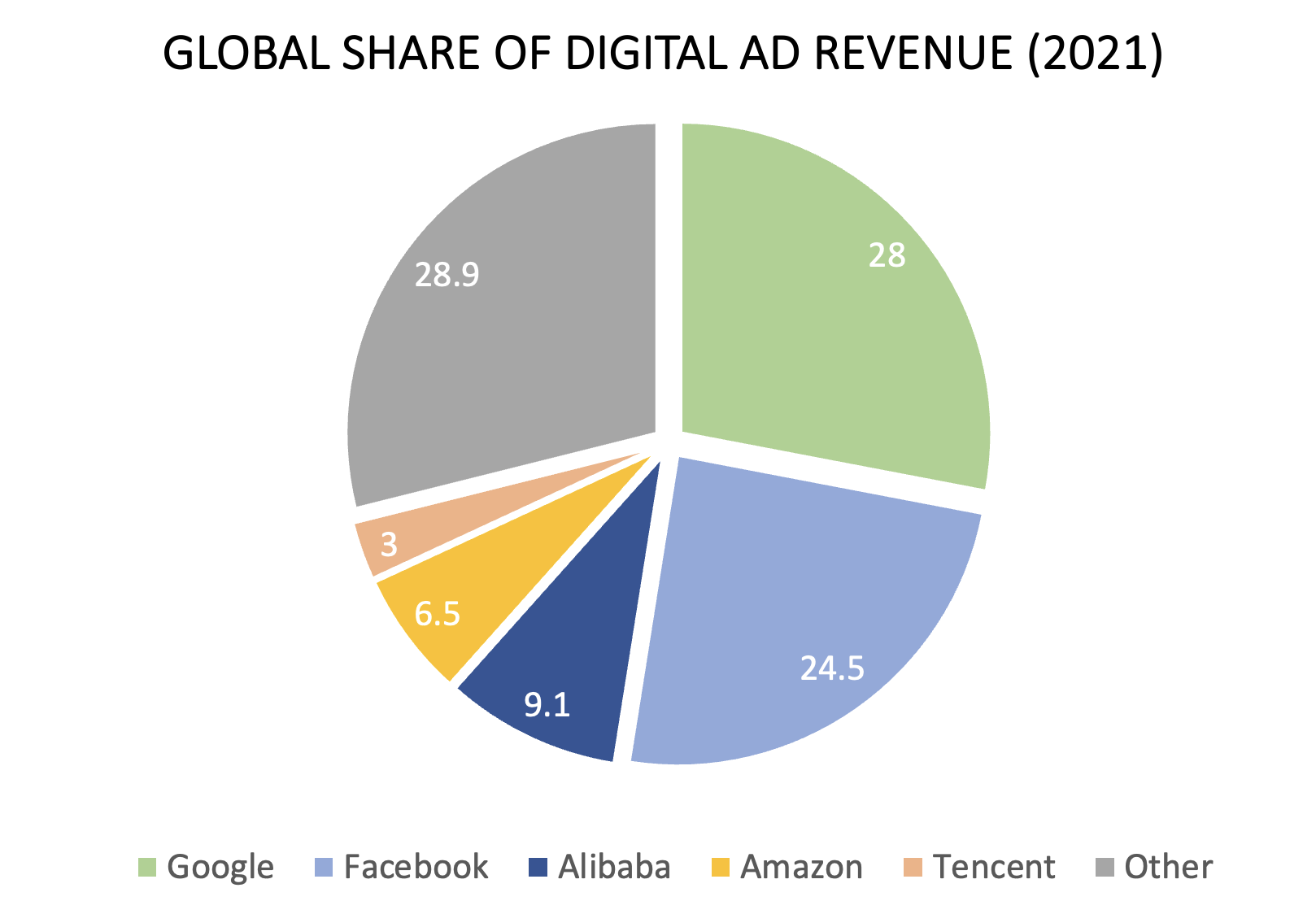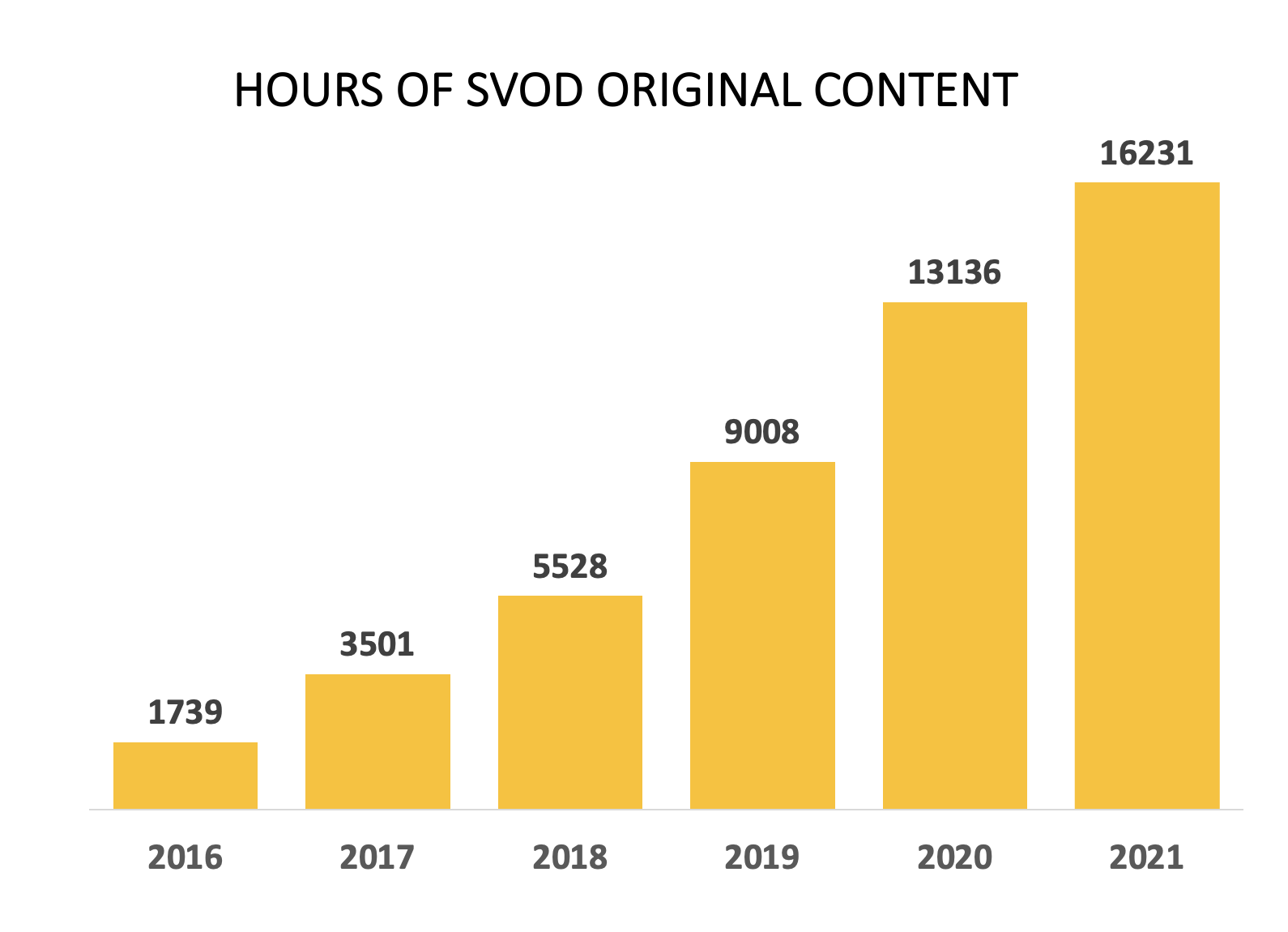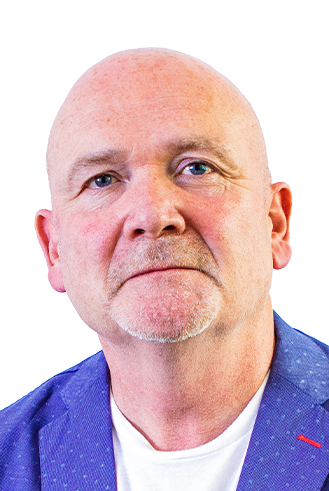Facebook, Starling Bank, and a word about morals in media

Opinion
In January Starling Bank announced that it had pulled its budgets from Facebook and Instagram and would not review this decision until the platform’s parent company, Meta, cracked down on the scammers who target consumers. And the really striking thing is that Starling’s boycott has not impacted its marketing performance or growth.
I’ve been lucky, in my life and in my career, to be surrounded by amazing people. The very best were not just brilliant at their job but went about it with absolute integrity. Not just trying to do it well but also doing it right. They believed that “Truth is the best business strategy you can employ” – a slogan that is writ large on our walls at Electric Glue.
I’ve been a media planner and strategist for nearly 40 years – and I can vouch for the fact that this is a world that never stands still. Not for a second.
The biggest change that has occurred across those years is not digitisation but globalisation. It has fundamentally changed our business structure, the context and process of developing communications – and it has led to the emergence of a media landscape dominated by the FAANG phenomenon. (Facebook, Amazon, Apple, Netflix, Google; the five-letter acronym is not quite so neat following Facebook’s rebrand as Meta and Google’s parent company rebadging as Alphabet… but market analysts still use it so we will too)

Words speak louder and create actions
From a media planning perspective, the FAANG five have done a brilliant job at positioning themselves as “performance marketing” experts, fuelled by data, technology, algorithms and ROI tools. In many ways, this positioning has effectively repositioned everyone else, by implication, as heritage tools, less good at performance. Clever.
But the truth is that all media and all marketing delivers “performance,” just in different ways and to different effects. And the reality is that media and marketing must continue to embrace both performance and brand building goals.
The value of brand building as the ultimate driver of long-term business success is well documented, although I fear not well understood. I’d argue that more people should spend more time in particular with the work of advertising effectiveness guru Les Binet, someone whose views are backed up by years of experience and rigorous analysis.
I absolutely agree with his conclusion, for instance, that advertising works at its best when it “creates positive feelings and associations via broad reach ads that people find interesting and enjoyable [in conjunction with] targeted activation that they find relevant and useful.”
It’s a simple, yet compelling, summary of the marketing funnel.
But we sometimes lose sight of this, thanks to the widespread debate there’s been, in this revolutionary era, about the very “definition of media.”
Operators in the social space in particular have denied they’re comparable to traditional media companies, preferring the term “platforms” in order that they might escape regulatory pressure.
Yet they are however happy to be judged comparable when it comes to the share of advertising revenue. In 2020 Facebook Group total revenue was $86bn and 97% of that was advertising.
These “media platforms” – an open marketplace of people as both creators and audience – have also been celebrated for opening up new possibilities for democracy and free speech. The reality has not always lived up to expectations and we are well aware of the downside of this (unregulated) utopia – fake news, political coarseness, fraud, bullying, poor mental health, teenage suicide to name a few.
And we also know from whistle-blowers that, while senior executives at the companies in question are aware of these problems, they rarely move quickly to deliver solutions, preferring instead to prioritise their pursuit of profit and power.
What price media accountability when there’s so much apparent societal unaccountability?
Words and actions speak the truth
In some sectors of the marketplace, media is sometimes regarded as a commodity – and this pushes media planning towards the lowest common denominator of all – the pursuit of the cheapest price and an obsession with CPTs as a measure of efficiency.
Enlightened marketers, however, know that this is an unprofitable mindset. Efficiency is no measure of effectiveness.
One such forward-thinking client of ours is Starling Bank, whose CEO and founder Anne Boden recently pulled all paid advertising from Facebook and Instagram owing to concerns over financial scams.
In a statement she explained: “It cannot be right that these platforms profit from crime and yet remain beyond the reach of law.”
It’s simply a case of moral accountability taking precedence over commercial opportunity. It reminds me of DDB founder Bill Bernbach and the stance he took against tobacco advertising in the early 1960s. He said: “a principle isn’t a principle until it costs you money”.
But in 2022, this equation is more complex than you might think – a growing number of brands are discovering that they see better returns when they review their “performance drug focused on demand fulfilment” strategies and focus more on creating brand desire. And I think that raises an interesting question.
If there is one thing we can all agree on it is that media proliferation and consumer choice have exploded beyond almost everyone’s comprehension. To take just one example, this chart shows the growth in hours of original content delivered by the streaming platforms:

As media planners we are navigating this world of infinite choice – and some clients have found the sheer market complexity daunting. It may have helped push them towards an over-reliance on the simple one-stop-shop options offered by some digital platforms.
 Kevin Brown
Kevin Brown
But this is where good media planning can help. Rather than being bewildered by the avalanche of possibilities, clients can chose to use media evaluation tools to support media owners who place reputational issues at the top of the agenda.
Our view is that media planning should always look at the bigger picture – and no advertiser, no matter how big, needs to work with every media owner. After all, one of the realities of the digital age is that media owners are no longer defined by a single channel but are “multi-channel ecosystems” which in themselves have the scale for broad reach and the capabilities for targeted activation.
At Electric Glue we talk about the power of Sacrifice – encouraging clients to do fewer, bigger and better things. And by better, we mean advising clients to invest their media budgets with accountable and responsible media partners.
So: words, actions, speaking the truth. How hard can it be?
A quote I like neatly sums this up: “If someone says it’s raining and another says it’s dry, it’s not your job to quote both of them. Your job is to look out the window and find out which one is true.”
Kevin Brown is co-founder and “media planning guru” of independent media agency Electric Glue and previously spent 14 years at BBH where he was founding partner of its media business StarcomMotive (now Starcom, part of Publicis Groupe).
Strategy Leaders: The Media Leader‘s weekly bulletin with thought leadership, news and analysis dedicated to new ideas, challenges, and excellence in commercial media strategy.
Sign up for free to ensure you stay up to date every Tuesday.



